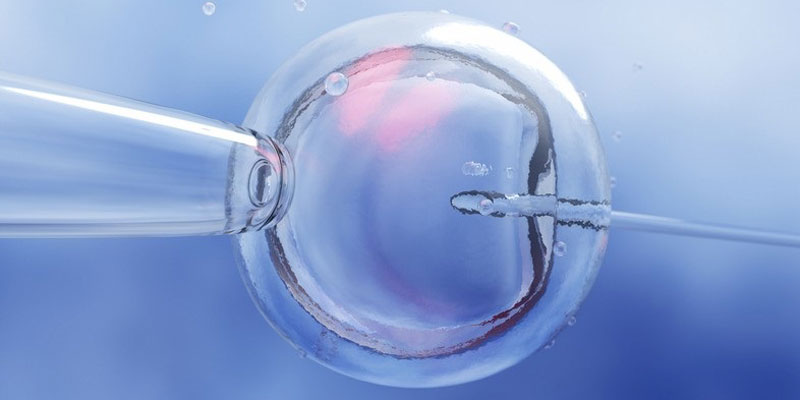
Fertility is the capacity to produce offspring. Generally, people need special treatment to help with their journey towards parenthood. This kind of treatment is called fertility treatment.
When to go for Fertility Treatment?
People with the following conditions should opt for fertility treatment:
- Younger than 35 and have been trying to conceive for a year
- 35 or older and have been trying to conceive for 6 months
- Irregular, painful or no periods while trying to get pregnant
- Endometriosis, pelvic inflammatory disease and past miscarriage
- Male factors such as history of testicular trauma or past infertility with another partner
Fertility Treatment
Fertility can be treated with the help of drugs and procedures.
Fertility Drugs
The two types of fertility drugs are as follows:
- Clomid: Clomid is an effective drug that increases the number of eggs produced by the ovaries. People with PCOS opt for this treatment, and women who have late or irregular periods can also take Clomid. Clomid acts on the pituitary gland, stimulating it to release an excess follicle-stimulating hormone (FSH) and luteinizing hormone (LH). This encourages the ovaries to produce more eggs. Clomid should be consumed under medical supervision as it can lead to multiple births. Side effects of Clomid are upset stomach, mood swings, sore breasts and hot flashes.
- Gonadotrophins: People with PCOS who have already tried Clomid but haven’t been successful can opt for Gonadotrophins. These hormones are injected into the body to increase egg production. Side effects of Gonadotrophins are feeling bloated and pain in the lower belly.
Assisted Reproduction Therapy (ART)
ART is a set of procedures to manipulate sperm and egg through intra-uterine insemination (IUI) and in-vitro fertilization (IVF).
Intra-uterine Insemination (IUI)
In this method, a small amount of sperm is inserted inside the cervix during the ovulation phase of the woman. The sperm is washed and concentrated to increase the chances of fertility. The success of treatment depends on whether the treatment is done with or without the FSH drug.
IUI is suggested when:
- Partner has low sperm count and motility
- Partner's semen is normal, and mucus is receptive to sperm
- Partner's semen is normal, but cervical mucus is absent
- Donor insemination, which is quite successful when you are below 36
- Treatment is performed when a partner is interstate or overseas; treatment is successful when sperm freeze and thaw well
Generally, IUI is performed three to four times; if these attempts fail, IVF is preferred.
In vitro Fertilization (IVF)
IVF involves fertilizing an egg in the lab and inserting the fertilized egg inside the woman's uterus. IVF includes the following steps:
- FSH injections are given to the woman to stimulate the ovaries to produce follicles
- A vaginal ultrasound is performed to monitor follicle growth
- When follicles grow big enough, a trigger injection is administered to stimulate ovulation
- A gynecologist collects eggs through vaginal ultrasound and a procedure called guided egg collection
- Eggs and sperm are placed in a dish with culture fluid. In the case of ICSI, a single sperm is injected into the egg
- The combined egg and sperm are tested for signs of fertilization
- One or two embryos are transferred into the uterus between 2 to 5 days of fertilization
- For two weeks, a supplementary course of progesterone is given through the vagina from the day of fertilization
- Other embryos that have developed normally are frozen in liquid nitrogen for future use
Intracytoplasmic Sperm Injection
Similar to IVF, a single sperm is injected into a mature egg. ICSI is performed due to male factors that affect fertility and when IVF hasn’t been successful. Male factors include an abnormal number of sperms and their motility. After sperm is injected into the egg, the embryo is placed inside the uterus.
If you are facing difficulty in conceiving through natural means, contact Matric Hospital. They are equipped with latest scientific technology that can help you fulfil your dream of parenthood.
